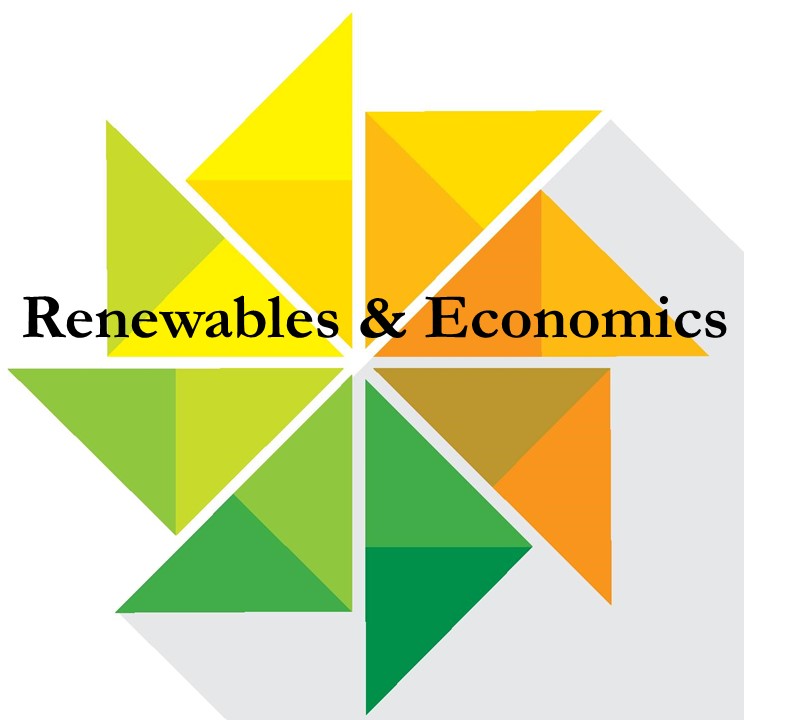Content from the Brookings Institution India Center is now archived. After seven years of an impactful partnership, as of September 11, 2020, Brookings India is now the Centre for Social and Economic Progress, an independent public policy institution based in India.
Chapter Summary:
This chapter (sidebar) focuses on the economics of renewables, pointing out that more than just typical power plant variables like construction cost, interest rates, plant load factors (aka capacity utilization factors), etc., economic comparisons must factor in network level costs due to the variability of most renewables. With one set of assumptions, solar power could already be cheaper than imported coal power. With another set of assumptions, it is 2 to 3 times as expensive over the lifetime from a utility procurement perspective.
To see the model used please click here.
_______________________________________________________________________________
Click image to download PDF of chapter
This chapter is a part of Brookings India’s edited book, “Blowing Hard or Shining Bright? Making Renewable Power Sustainable in India” To view the preface and table of contents, click here.
_______________________________________________________________________________
Rahul Tongia is a Fellow (non-resident) with Brookings India and the Brookings Institution. He is also an Adj. Professor at Carnegie Mellon University, where he was on the faculty for over dozen years, and is the Tech. Advisor to the India Smart Grid Task Force, Govt. of India. His research is interdisciplinary, focusing on technology and policy for sustainable human development, with domain expertise in energy/electricity and IT/telecom.
The Brookings Institution is committed to quality, independence, and impact.
We are supported by a diverse array of funders. In line with our values and policies, each Brookings publication represents the sole views of its author(s).




